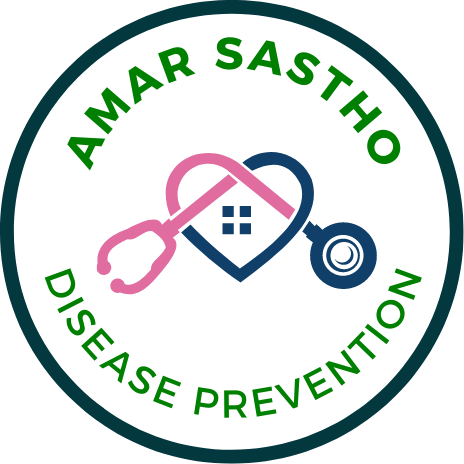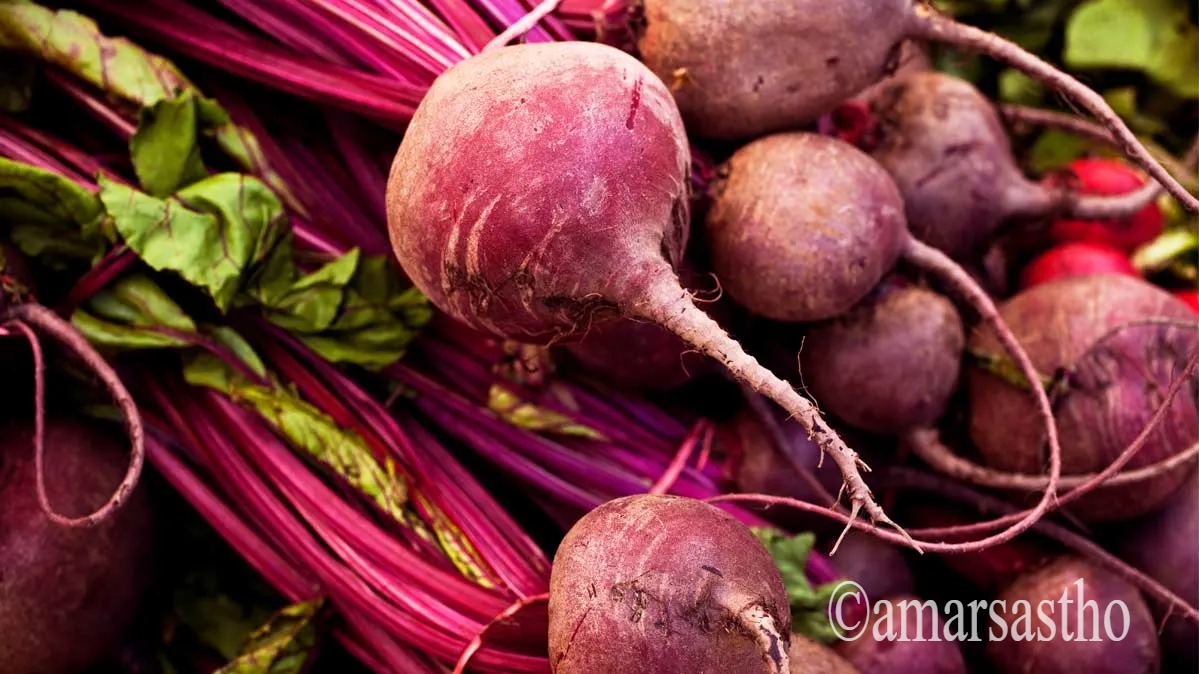Beetroots are a popular root vegetable used in many cuisines around the world. Beets are loaded with vitamins and minerals and low in calories and fat. They also contain inorganic nitrates and pigments, both of which have a number of health benefits. Apart from being used as food, beetroot is also used as a medicinal plant and as a food colorant.
3.5-ounce (100-gram) beetroot contains:
- Calories: 44
- Protein: 1.7 grams
- Fat: 0.2 grams
- Fiber: 2 grams
- Vitamin C: 6% of the RDI
- Folate: 20% of the RDI
- Vitamin B6: 3% of the RDI
- Magnesium: 6% of the RDI
- Potassium: 9% of the RDI
- Phosphorous: 4% of the RDI
- Manganese: 16% of the RDI
- Iron: 4% of the RDI
Health Benefits:
- Red Beetroots control high blood pressure and prevent heart diseases. Beets contain a high concentration of nitrates, which have a blood pressure-lowering effect. This may lead to a reduced risk of heart attacks, heart failure, and stroke.
- The antioxidant content and anti-inflammatory nature of beets have led to an interest in its ability to prevent cancer. Few studies have shown that beetroot extract, which is high in betalain pigments, reduced the growth of Lung cancer, skin cancer, Prostate cancer, and breast cancer cells. Betanin in Beetroot was found to significantly decrease cancer cell proliferation.
- Beetroot is essential for liver health too. The presence of calcium, betaine, B vitamins, iron, and antioxidants keeps beetroots amongst the best liver foods. Beetroots also thin the bile, allowing it to easily flow through the liver and small intestine – this further enhances liver health. Betaine in beets also helps the liver eliminate toxins.
- Beetroots support good brain health and memory. Beets contain nitrates, which may help increase blood flow to the brain, improve cognitive function and possibly reduce the risk of dementia.
- Red beetroots are a good source of fiber, which is beneficial for digestive health, as well as reducing the risk of a number of chronic health conditions.
- Beetroots help to lower the high blood pressure. Studies have found that people who drank 8 ounces of beetroot juice daily lowered both systolic and diastolic blood pressure. Nitrates, compounds in beetroot juice that convert into nitric acid in the blood and help widen and relax blood vessels, are thought to be the cause.


